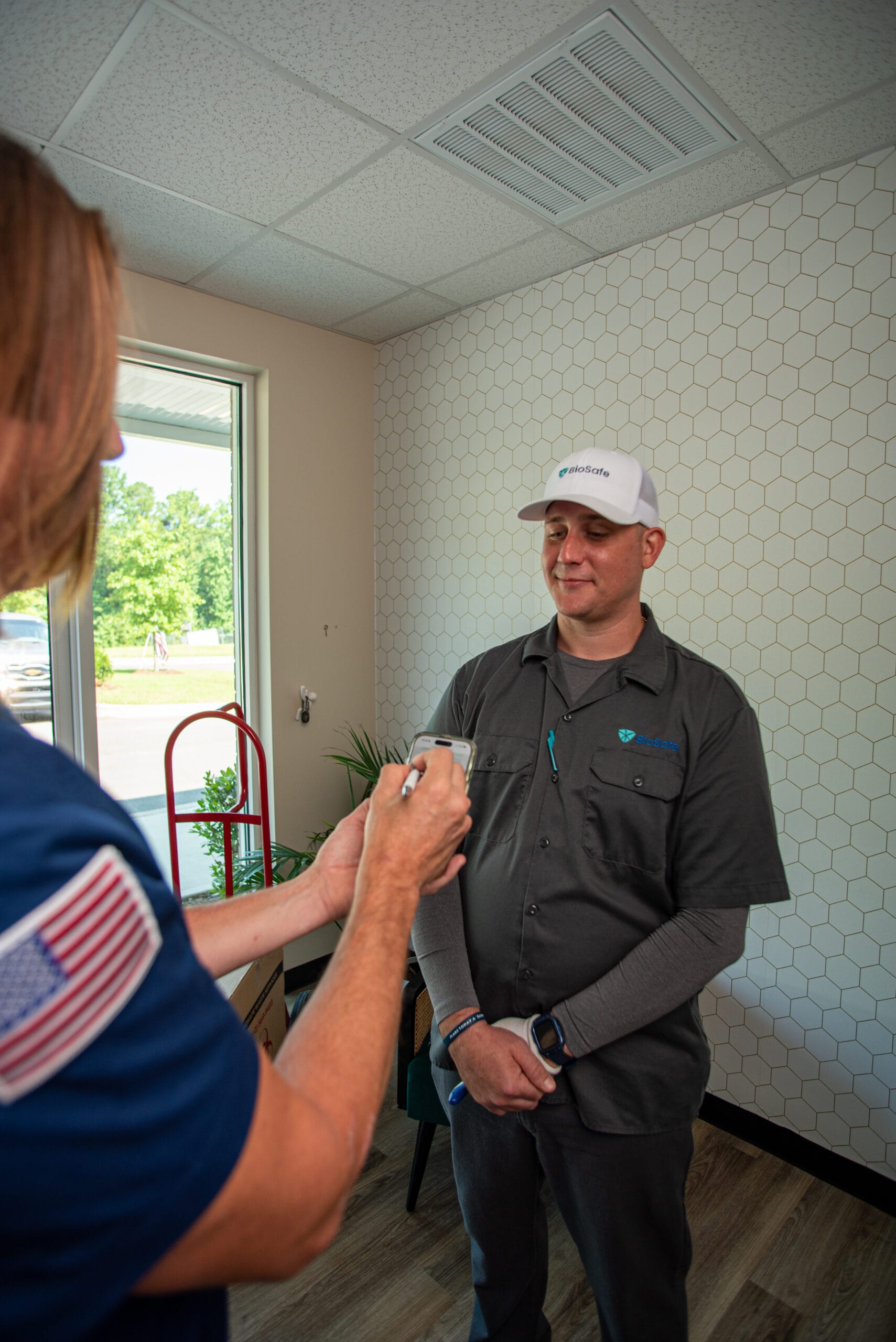Ambulatory surgery centers (ASCs) have become a cornerstone of modern healthcare, providing safe, efficient, and cost-effective surgical procedures outside of hospital settings. But with this convenience comes responsibility—particularly when it comes to managing medical waste. Surgery centers generate a wide range of regulated materials, from sharps and blood-soaked items to pharmaceuticals and chemical agents. Understanding how to properly handle, store, and dispose of this waste is not just a regulatory requirement—it’s essential to protecting patients, staff, and the wider community.
The Types of Medical Waste Generated in Surgery Centers
Surgery centers produce several categories of medical waste, each requiring proper management:
- Sharps Waste: Includes needles, scalpels, suture needles, and other devices capable of puncturing skin. Sharps are one of the most common wastes in a surgery center and must be disposed of in puncture-resistant, labeled sharps containers.
- Regulated Medical Waste (RMW): Often referred to as “red bag waste,” this category includes items saturated with blood or other potentially infectious materials. Examples include gauze, surgical drapes, gloves, and suction canisters.
- Pathological Waste: Tissues, organs, and body parts removed during surgery. This waste requires special handling and is often regulated more strictly than general red bag waste.
- Pharmaceutical Waste: Expired or unused medications, including controlled substances, may be present in surgery centers. While Biosafe can handle many types of pharmaceutical waste, controlled substances have additional DEA requirements for destruction.
- Chemical Waste: Surgery centers sometimes use chemical agents, such as disinfectants or solvents, that may fall under hazardous waste regulations.
- General Waste: Items not contaminated with blood or infectious material—such as packaging, paper, and food waste—should not be placed in medical waste containers. Correct segregation reduces costs and keeps disposal compliant.
Bloodborne Pathogens: A Central Concern
One of the most important compliance issues for surgery centers is protecting employees from exposure to bloodborne pathogens such as HIV, Hepatitis B, and Hepatitis C. OSHA requires every healthcare facility, including surgery centers, to maintain an Exposure Control Plan (ECP) that outlines how risks will be minimized.
This includes:
- Training staff on proper use of personal protective equipment (PPE).
- Ensuring sharps are disposed of immediately after use in appropriate containers.
- Providing post-exposure follow-up procedures.
- Making the ECP available to all employees.
For a detailed guide, see our recent blog on Bloodborne Pathogens and Exposure Control Plans.
Key Compliance Considerations for Surgery Centers
To remain compliant with federal and state regulations, surgery centers should focus on:
- Segregation at the Source: Place waste into the correct container immediately—red bag for infectious materials, sharps containers for sharps, and pharmaceutical containers for medications.
- Storage Requirements: Waste must be stored in a secure, labeled area that is inaccessible to patients and visitors.
- Transportation: Only licensed medical waste haulers, such as Biosafe, may transport regulated medical waste for treatment and disposal.
- Documentation: Keep manifests and compliance paperwork up to date. This protects your practice in the event of an inspection.
Facilities like long-term care centers and dental practices face similar compliance requirements, though the types of waste they generate differ. If your practice also operates in those areas, you may want to review our resources on medical waste in long-term care facilities and dental medical waste disposal for additional guidance.
Partnering with a Licensed Medical Waste Provider
Medical waste management is not something a surgery center should handle alone. Partnering with a licensed provider like Biosafe ensures your practice remains compliant and safe. Our team specializes in regulated medical waste disposal, sharps management, and compliance support across all of North Carolina and South Carolina.
See the areas we serve on our locations page.
Common Pitfalls Surgery Centers Should Avoid
Even well-run surgery centers sometimes make mistakes in medical waste handling. Common issues include:
- Placing non-infectious items in red bags, which increases disposal costs.
- Storing boxes of regulated waste in patient-accessible areas.
- Failing to maintain staff training documentation.
- Using makeshift containers instead of approved sharps bins.
These pitfalls are avoidable with consistent staff training, clear signage, and a trusted disposal partner.
Why Biosafe?
At Biosafe, we understand the unique needs of surgery centers. From sharps disposal to bloodborne pathogen compliance, our team provides turnkey solutions that allow you to focus on patient care while we handle the rest.
If you’re managing a surgery center in North Carolina or South Carolina, contact us today to learn how Biosafe can streamline your medical waste program.

